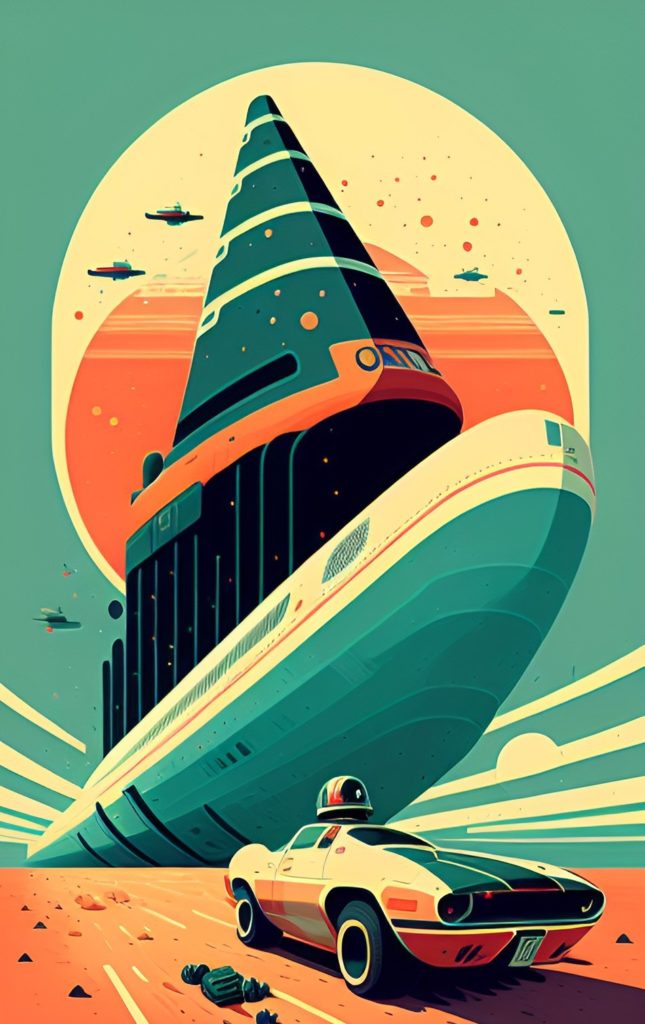Introduction: Inertia, often associated with the resistance to change, is a powerful force that pervades all aspects of human existence. It is a tendency to maintain the current state of affairs, even in the face of new possibilities or pressing needs for transformation. While inertia can be a stabilizing force in certain circumstances, when it gains momentum, it hampers progress, stifles innovation, and perpetuates societal stagnation. This essay explores the concept of inertia gaining momentum and its implications for individuals, organizations, and society as a whole.
Body:
- The Comfort of Familiarity: One of the primary reasons inertia gains momentum is the human inclination towards comfort and familiarity. People are naturally drawn to routines and habits that provide a sense of security and predictability. Deviating from the established norms and venturing into the unknown involves risks and uncertainties, prompting individuals to stick to what they know, regardless of its limitations or inefficiencies. This resistance to change often leads to the perpetuation of outdated systems and practices.
- Fear of Failure: Fear of failure is another factor that contributes to inertia gaining momentum. The possibility of making mistakes or encountering setbacks deters individuals and organizations from embracing change. The fear of the unknown and the potential consequences of failure create a barrier to progress. In such instances, people may prefer to maintain the status quo, even if it means foregoing opportunities for growth and improvement.
- Organizational Inertia: Inertia is not limited to individuals; it also manifests within organizations. Established structures, hierarchies, and bureaucratic processes often resist change, creating inertia within the organization. This inertia can be fueled by factors such as the fear of disrupting power dynamics, resistance to relinquishing control, or the sunk cost fallacy, where investments in existing systems make change seem too costly. As a result, organizations find themselves trapped in outdated paradigms, hindering innovation and adaptability.
- Cultural Inertia: Societal and cultural inertia can have profound effects on progress. Cultural norms and values deeply rooted in traditions and customs can resist change, impeding societal advancement. Whether it is the resistance to gender equality, the reluctance to adopt sustainable practices, or the refusal to challenge long-held beliefs, cultural inertia can hinder the collective ability to address pressing issues and embrace positive change.
- Overcoming Inertia: Breaking free from the grip of inertia requires conscious effort and collective action. Recognizing the limitations of the status quo is the first step towards initiating change. Education, awareness, and open dialogue play crucial roles in challenging the inertia that hampers progress. Individuals and organizations need to cultivate a growth mindset that embraces uncertainty and sees failure as an opportunity for learning. Implementing agile and adaptive strategies can help organizations navigate change effectively. Furthermore, societies need to foster an environment that encourages critical thinking, diversity, and inclusivity, allowing for the questioning of established norms and the exploration of new possibilities.
Conclusion:
Inertia gaining momentum poses a significant challenge to progress and innovation in various spheres of human existence. However, awareness and intentional efforts can help break free from its grasp. Overcoming the inertia that hampers change requires a willingness to embrace discomfort, challenge prevailing beliefs, and foster an environment conducive to growth. By doing so, individuals, organizations, and society as a whole can unleash the transformative potential that lies beyond the confines of the status quo, paving the way for a more dynamic and prosperous future




